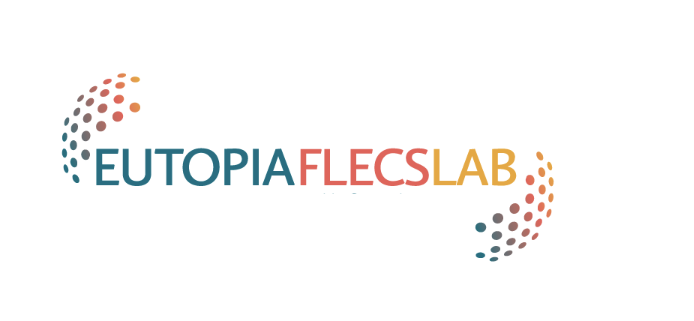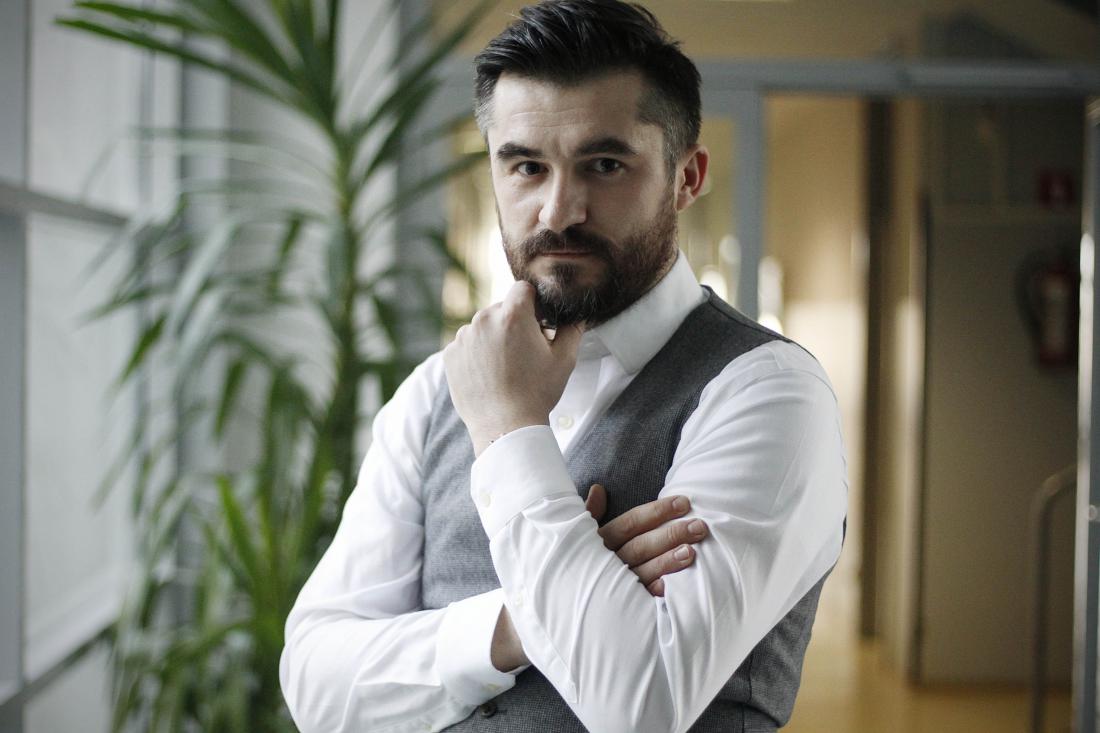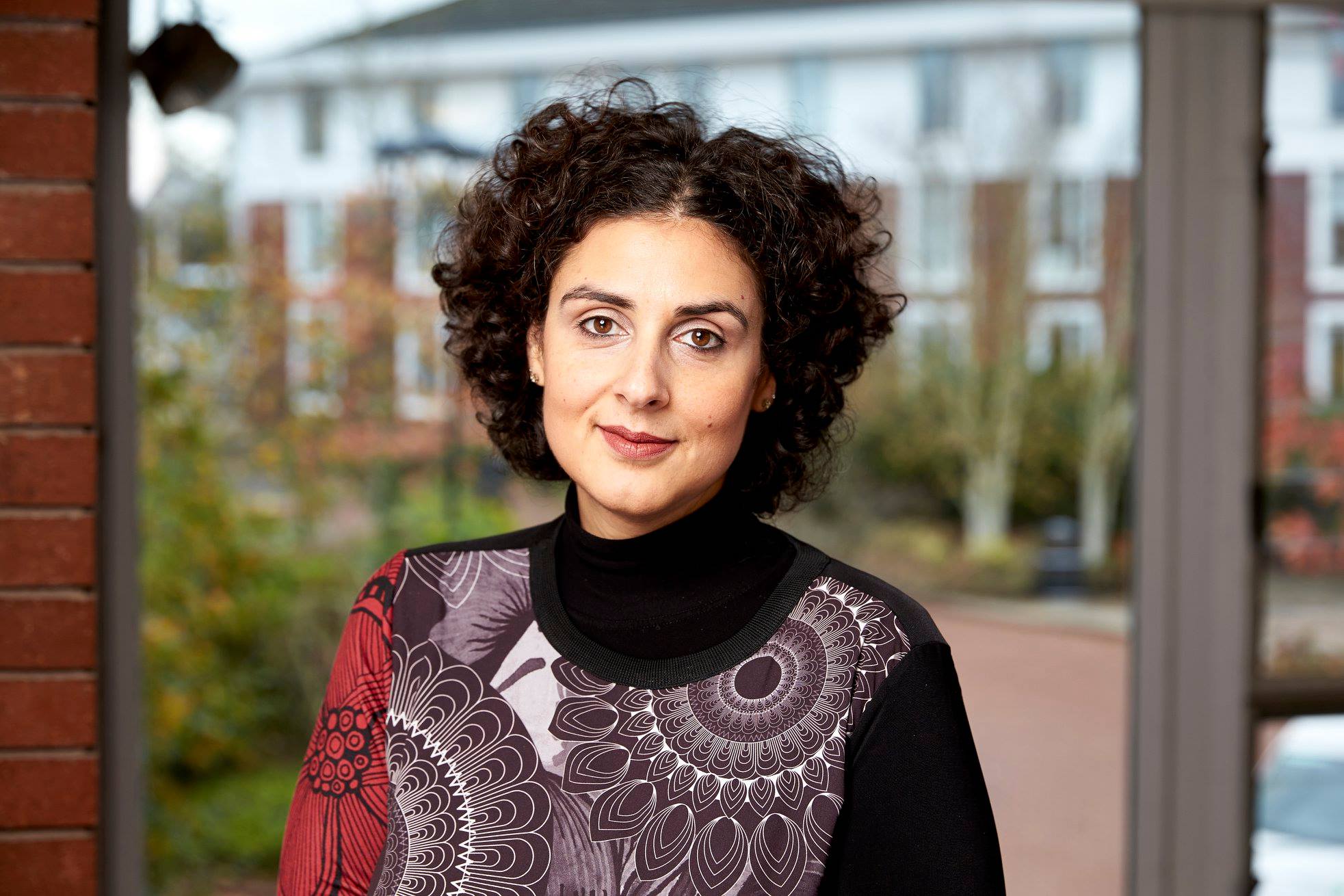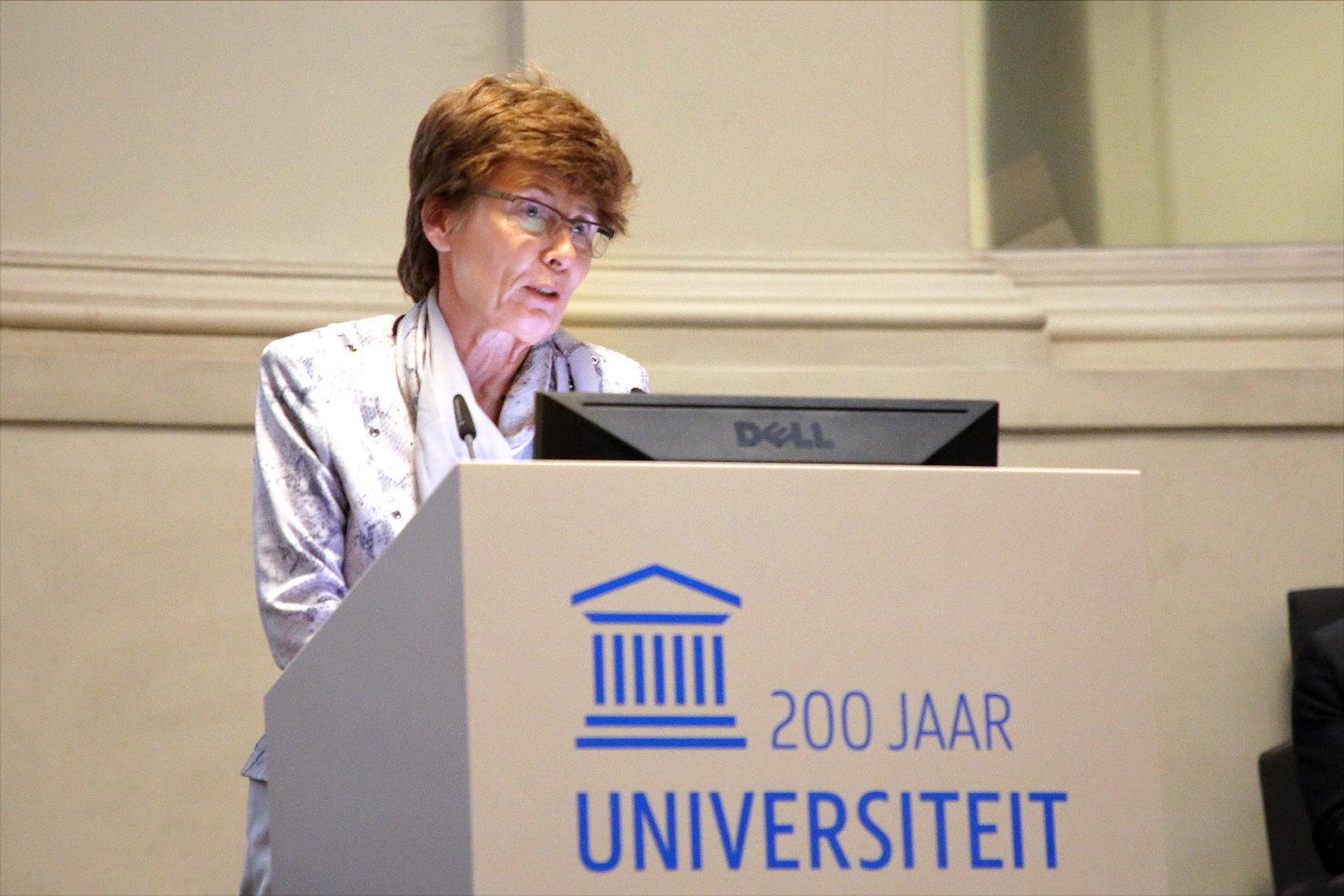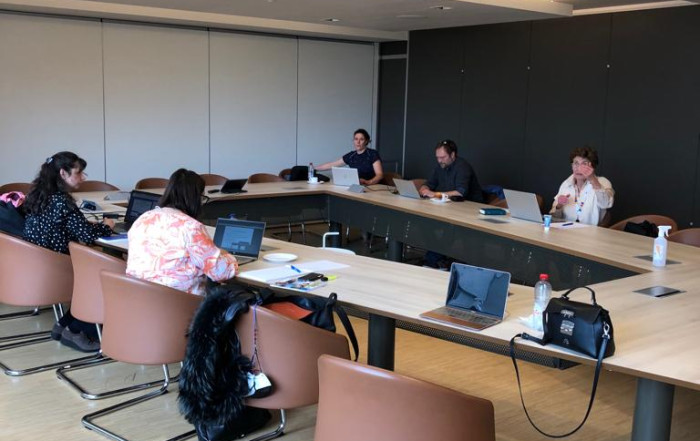FLECSLAB
FLECSLAB
Flexible Learning Communities Supporting Lifelong Learning Across Borders
In November 2021, six founding partners of EUTOPIA Alliance were awarded in Erasmus+ (KA220-HED – Cooperation partnerships in higher education) for the project “Flexible LEarning Communities Supporting Lifelong Learning Across Borders’” (FLECSLAB) submitted to National Agency for European Community Programmes and International Mobility Programmes in Slovenia.
FLECSLAB
About
Background and needs addressed
The demographics of Higher Education (HE) are changing. University graduates increasingly desire to expand their competencies as they are confronted with multiple transformations in a globalised society.
The EUTOPIA universities introducing this key action offer better chances for answering to the Lifelong Learning (LLL) ambitions of the European Commission by developing flexible mechanisms that recognise short term intensive learning efforts in a transnational context. FLECSLAB suggests a roadmap for a more inclusive approach in meaningful international learning processes that enable academia to reach a wide range of lifelong learners from various backgrounds and across disciplines. The major inspiration for launching this proposal derives from acknowledging the limitations of current HE models to accommodate LLL students. FLECSLAB thereby expands the work of learning communities towards international connectedness of best practices in active learning.
Lifelong Learning Toolbox (WP1)
Tested tool to explore the potential of a European university to create an lifelong learning (LLL) offering at an international level: this tool will be developed by working with a selection of 12 EUTOPIA learning communities (LC) to pilot different LLL formats and monitor outputs and outcomes. The monitoring activities will enable us to develop a well-tested and documented portfolio of LLL formats that address different disciplines and sectors, a sound framework to support the design and delivery of such educational opportunities, and a set of practical materials to train higher education (HE) departments interested in developing LLL opportunities within and outside the EUTOPIA Alliance. Guidelines and training for academic staff will be developed.
The first four identified themes and resulting EUTOPIA learning communities that are part of the current workshops are:
- HEALTHCARE “Leading Strategic Innovation in Healthcare”
- ENTREPRENEURSHIP “Technological Business Development”
- MEDIA and COMMUNICATION “Fundamentals of Television Direction”
- EDUCATION “Urban Education”
Lifelong Learning Toolbox (WP1)
The Lifelong Learning Business Model will be developed based on a benchmarking exercise that will examine useful formats and tools developed across Europe and evaluate them in relation to project goals and outcomes. The business model will consist of a set of sustainability scenarios, feasibility studies and strategy papers describing the conditions needed to develop and deliver the different LLL formats in a sustainable way.
Objectives
First, the project delivers a framework and well-tested implementation tool to explore the potential of a European university alliance for creating a substantial LLL offer based on existing components of their curricula. Building on the development of the Connected Learning Communities in the EUTOPIA alliance, FLECSLAB will create a specialised instrument for all HE institutions going beyond the demand of degree-seeking students and opening up to non-modal learners looking for international learning experiences. This tool will include guidelines and training modules to support academic staff in addressing adult learners.
Second, through piloting and real hands-on experience, the project aims at introducing a business model that will allow European universities to maintain their efforts for a high-quality offer in LLL. Due to its focus on active learning and innovative transdisciplinary topics, FLECSLAB will actively involve stakeholders operating in the social context of the learning communities and interested in cooperating with HEI for responding to the LLL needs of citizens and professionals.
The building blocks of FLECSLAB are Connected Learning Communities linking best practices in open and active learning across EUTOPIA. Academics revisit traditional learning formats and organise short term learning experiences that the students can take as part of their curriculum journey towards or alongside a degree. Despite its successful implementation and the promising results for curriculum development in a European University alliance, EUTOPIA is not designed to accommodate lifelong learners. That is the gap that FLECSLAB addresses. Building on the developments in a large sample of the Connected Learning Communities, FLECSLAB provides a unique opportunity to introduce a roadmap based on tested designs that the HE sector can adopt and that will meet the needs of non-traditional students identified in the ecosystems of the learning communities. FLECSLAB will be the first project, to the best of our knowledge, to provide the HE sectors with such an intensive set of cases and to extrapolate the tools and business models for all transnational alliances willing to open up their curriculum offering towards a range of non-traditional learners.
Planned outcomes
FLECSLAB will document the business cases for a broad sample of LLL scenarios. A final and critical stage is about translating the FLECSLAB experience to policy guidelines for academics, industry and public sector partners. The project team will produce a series of resources that help HE practitioners and policymakers in developing LLL pedagogies (the Lifelong Learning Toolbox) and sustainable offerings (the Lifelong Learning Business Model).
FLECLSAB Boards
Expert Committee
To ensure the quality and recognition of the FLECLASB, an Education Expert Committee was established. The main task of the committee is:
- To advise, guide, and assist the FLECSLAB team in developing a specialised tool/toolkit for all HE institutions that focuses on implementing ways to engage non-traditional learners alongside traditional university students.
- Bridge to the bottom-up work being done in the EUTOPIA Connected Learning Communities to pilot formats to be offered to non-degree students. The Connected Learning Communities provide FLECSLAB with a useful and appropriate testing ground for recruiting appropriate candidates to experiment with LLL designs.
- Accompany the analyses of these Connected Learning Communities in terms of inclusive pathways for non-traditional learners in HE and advise on the development of the instrument.
- Advise on the relevance, quality, usability by individual learners and HE institutions, and transdisciplinary and transnational features of the FLECSLAB toolkit for HE.
- Prepare for concrete implementation of the FLECSLAB toolkit and assist in the development of guidelines and training of university staff.
- Facilitate the link between the toolkit and the development of the business model, which is the second phase of the project. Data from the toolkit will be used to present a business model that will enable HE providers to engage with LLL designs.
- Present results and proposals for the management of the FLECSLAB project on a semester basis, aligned with the step-by-step analysis of the ecosystem in the participating learning communities and the planning of the consortium meetings.
- To contribute to the quality assurance process of the FLECSLAB project and its activities and outputs. The expertise will be crucial to ensure the quality of the outputs produced and that the outcomes meet the needs of the target groups.
The Expert Committee is chaired by Lieve Van den Brande.
Advisory Board
The members of the Advisory Board are high-level experts associated with international knowledge centres and policy makers in the field of education and employment. In this way, they will help the project team to describe the conditions for maintaining the international dimension of LLL processes and the incentives expected from European authorities to facilitate cross-border access and recognition of learning efforts.
Representatives on this panel will facilitate our connection to ongoing experiments in international forums for HE and employment. Strategy papers will describe the conditions for supporting the international dimension of learning and the incentives expected from European authorities to facilitate cross-border access, work practises, and recognition. They can help us describe the conditions for sustaining the international dimension of learning and the incentives expected from European authorities to facilitate cross-border access, working practises and recognition for lifelong learners.
The Advisory Board is coordinated by UL and chaired by Prof. Dr. Ivan Svetlik, who has extensive research experience in the fields of education, employment and LLL. Ivan Svetlik is a professor of human resources and social policy at UL. He was Rector of UL (2013-2017), Minister of Labour, Family and Social Affairs in Slovenia (2008-2012) and member of the Editorial Board of the European Journal of Vocational Education and Training published by CEDEFOP. He has been involved in the country’s labour market, social security, education and training reforms and consults in these areas in the Balkans as well as in HRM in companies. His main research topics and interests are labour, employment, education, human resources, social security and quality of life. He has participated in international networks and institutions such as ITF, CEDEFOP and CRANET Network for Human Resource Management Research. He has published over 400 articles, book chapters and books. He is currently one of the main contributors to the EUTOPIA Alliance project.
